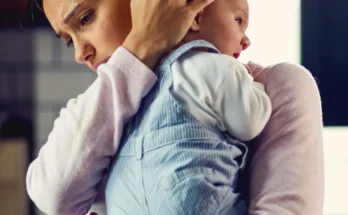When I married Travis, I thought I was entering a fairy tale. His family was glamorous, wealthy, and well-connected—but they never truly accepted my daughter, Lila. She was born with vitiligo, her “cloud spots,” and to us, she was perfect. But when my sister-in-law Victoria uninvited Lila from her niece’s princess party, claiming she didn’t “fit the theme,” my heart shattered. Lila had spent weeks preparing, dreaming of tiaras and tea sets, only to be told she wasn’t welcome.
Travis was furious. He refused to let his daughter be excluded and insisted we go anyway. At the door, Victoria humiliated Lila in front of everyone, saying she’d ruin the photos and wasn’t “really family.” Lila’s tiara broke, her gift fell, and her innocence cracked. Travis stood tall and declared we were done with his family. That day, we chose love over legacy—and left behind the cruelty disguised as tradition.
Back home, Travis threw Lila her own princess party. He gave her a custom doll with vitiligo, just like her. Her joy returned, and our home filled with laughter. Months later, when our son was born, his family tried to reconnect—but Travis made it clear: you don’t get to choose which of our children you love. Victoria begged for forgiveness when her own daughter developed alopecia. But some wounds don’t heal with apologies.
Eventually, Chloe wrote us a heartfelt letter asking to see Lila again. We allowed her back—but not Victoria. Watching the girls play, Lila told Chloe, “Princesses come in all different ways.” That moment reminded me: children can heal what adults break. And sometimes, karma doesn’t roar—it whispers through the grace of a child who knows her worth.


